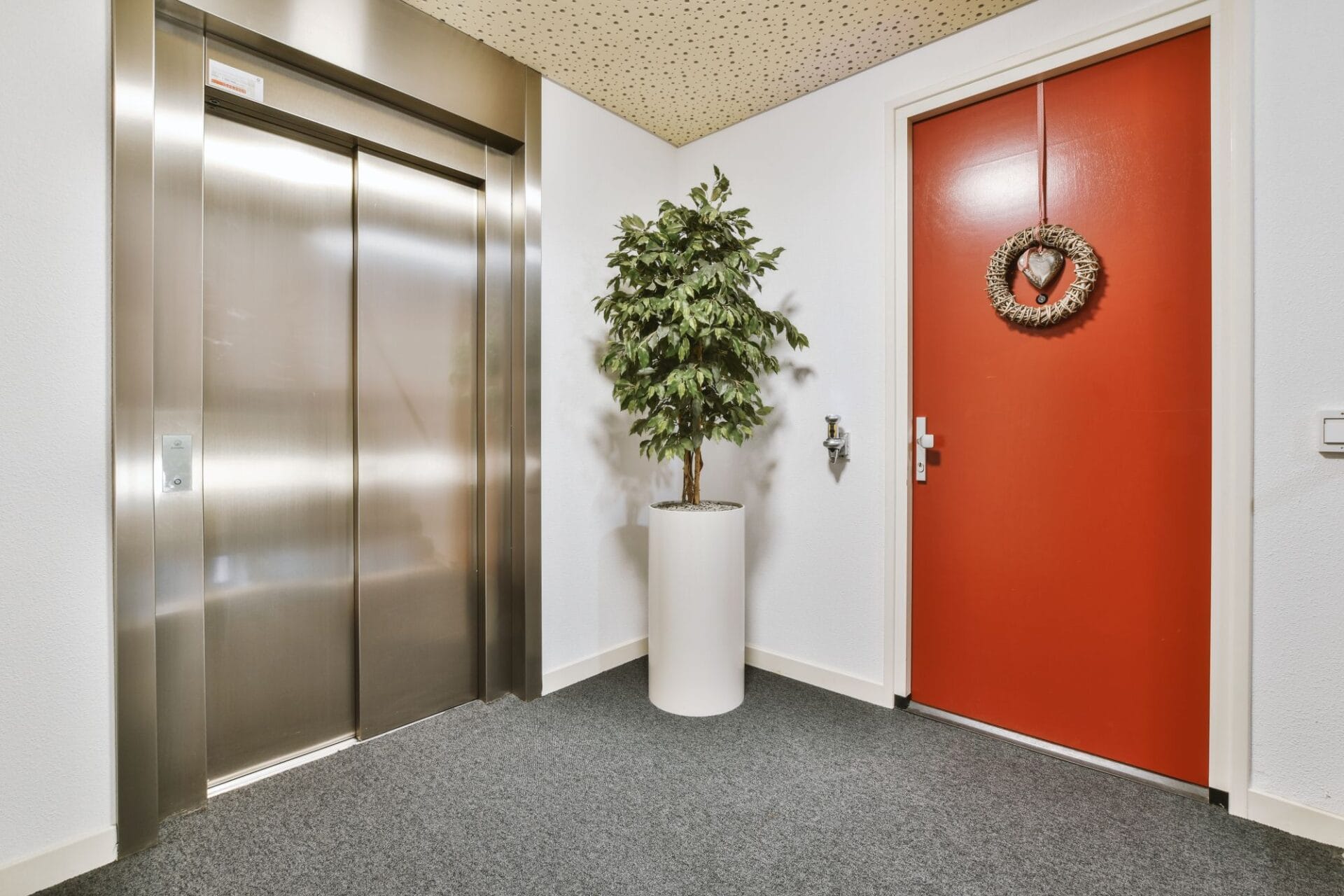Annual meetings (or AGMs) are significant in that they provide owners with an opportunity to keep the board of directors accountable. Members get to vote and elect or re-elect representatives who they feel are most qualified to serve the community.
Voting rules and processes vary depending on where the corporation is, and what the condo bylaws say. Many condos do allow members to submit proxy votes, but some are wary about providing owners with this option. Though it doesn’t happen all of the time, individuals who want to change the outcome of an election often try to rig it using proxy votes. Scrutineers help to supervise the counting of votes, but these volunteers don’t always have the knowledge or ability to make sure elections are fair.
What is a proxy vote?
A proxy is a form or document that authorizes an owner to appoint another person to vote for them.
Owners may decide to vote by proxy because:
- They want to vote at a meeting but can’t physically attend in person
- They understand that their vote will help the corporation reach quorum
- E-voting is not an option
There are two types of proxies, direct and non-direct proxies. The former gives the owner who is unable the cast their ballot the ability to specify how they want the proxy holder to vote. The latter gives the proxy holder the ability to vote the way they’d like to vote.
A proxy must be designated in writing. It should require information about the owner who is giving the proxy to someone else. It should also specify who is authorized to cast a ballot for owners, and the date on which the proxy is to be used (this should correspond to the date of the meeting). It is acceptable for the proxy to be used at the meeting, and at any adjournment of the meeting.
What is a scrutineer?
Speaking generally, a scrutineer is a volunteer who is appointed to represent their candidate at a voting poll. The scrutineer helps monitor the electoral process from before the poll opens until the poll closes. They also observe the counting of ballots, and report back to their candidate if they suspect something isn’t right. To do this properly, a scrutineer must understand their rights and responsibilities.

Scrutineers are used in condo elections to oversee the counting of proxies and ballots. They are also tasked with watching for mistakes or corruption.
How are they selected?
It is the Chair’s responsibility to select two or three owners to volunteer as scrutineers. Many bylaws call for the corporation’s president, if available, or vice president, to chair annual meetings. The general understanding is that the Chair enforces voting rules and instructs scrutineers. The chairperson makes a final ruling as to the validity of ballots and proxies. As you can imagine, a corrupt president who is acting as Chair could misinform scrutineers and do things to change the outcome of the election.
A breakdown of responsibilities
Prior to an election, the Chair will select unbiased volunteers. They will be informed of their duties of supervising the election.
Often, scrutineers will start their roles in the management office when the condo manager sorts through proxies that have already been submitted. The manager or person responsible for counting may reject proxies from units that are in arrears or have been signed by people who are not registered owners.
Scrutineers should also check rejected proxies and the ones that were accepted at the registration table to ensure that the screening was properly done.
They need to know the official tally of units in attendance, in person and by proxy, at the start of the meeting so that no extra proxies or ballots are included in the count.
And finally, they need to know that they can ask the Chair for help if they are in doubt about something.
Concerns
There are several things that could go wrong when a corporation takes proxies from owners. Below are some of the more common issues that may arise when asking volunteers to monitor the vote-counting process:
- Proxies that give support to the incumbents may be readily accepted while proxies that support independent candidates will be checked thoroughly
- A chair could select scrutineers who are biased towards the existing board members
- The chair could purposefully leave out information or instructions that scrutineers need to know
- If a candidate asks to appoint a scrutineer to observe the registration of proxies, the chair may refuse the request
- Blank ballots are commonly left in piles on the registration desk during the registration period. Someone could fill out and submit two ballots
- A member could give a proxy to the management office, and register and vote in person if they are close with the current board
- A manager could destroy proxies or simply refuse to let scrutineers examine proxies
- Disputes about the validity of a proxy may go to court
Online voting: a less complicated solution
Electronic voting can alleviate the need for proxy votes. That’s because the online platform gives owners the ability to cast their own votes ahead of the meeting. They can have their say, even if they are unable to attend in person. The votes are tabulated securely by an independent third party, eliminating the need for scrutineers, paper ballots and ballot storage. It is also more difficult to submit multiple ballots or destroy ballots when they are digital.
Condo Control’s online voting platform is incredibly secure and helps prevent fraudulent voting. A voting invitation that links to the ballot is sent to owners who are eligible to vote. Corporations can set up e-voting for elections, as well as votes to pass bylaws, or any other special meetings they may want to conduct. The time-consuming proxy battles that can plague owner meetings will disappear.
It is important to note that before electronic voting can be carried out, corporations will need to enact an electronic voting bylaw if one does not already exist.
Conclusion
Proxies permit owners to participate in elections if they cannot attend a meeting in person. However, they do create some additional challenges for those organizing elections, and can be misused to change the outcome of a vote.
Electronic voting is a far simpler and more secure alternative. Since a third party counts the votes, there is also no need to recruit scrutineers.
Online voting can greatly increase voter participation, and help communities reach quorum on the first try. Owners can vote from anywhere as long as they have an electronic device, internet connection, and access to the voting system. It’s a great hybrid option, and reduces the workload for those responsible for executing elections.























